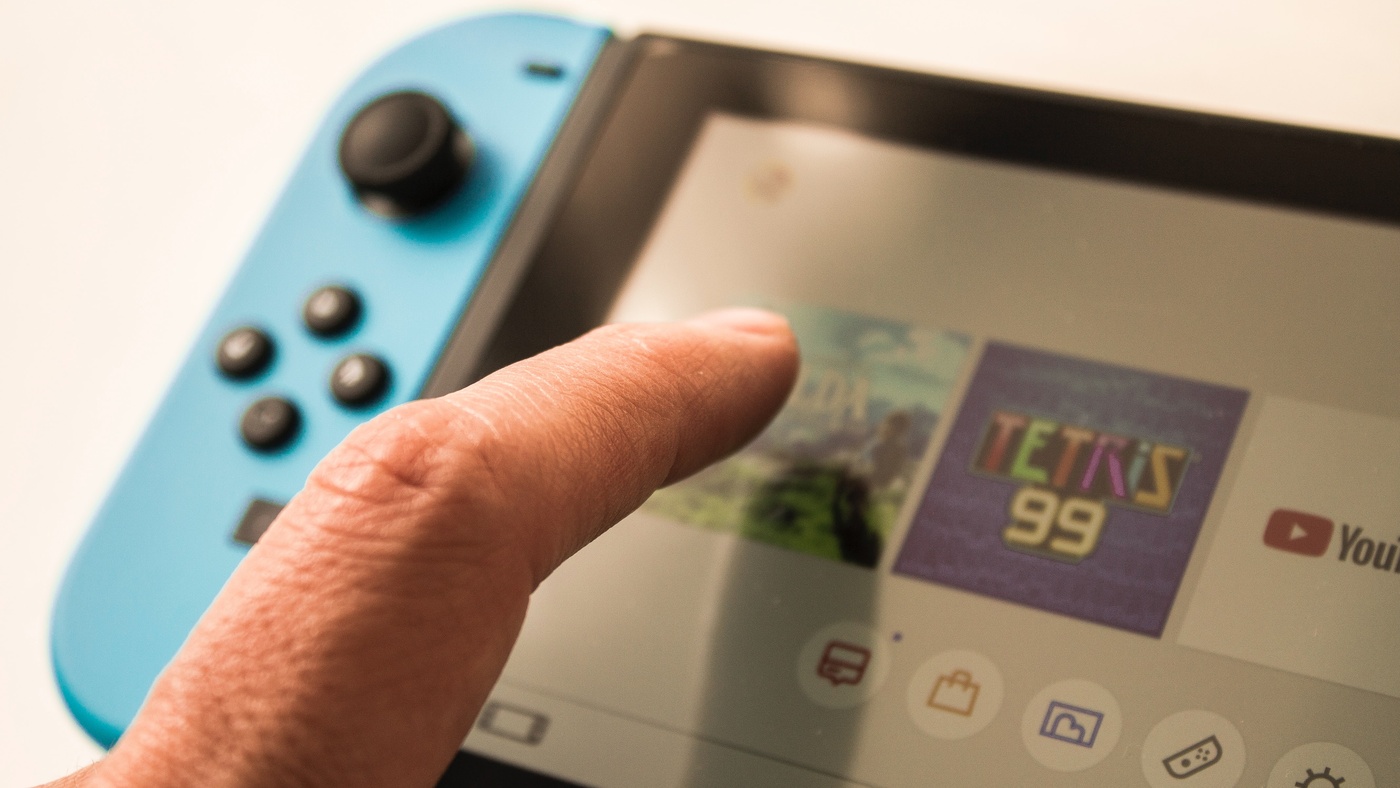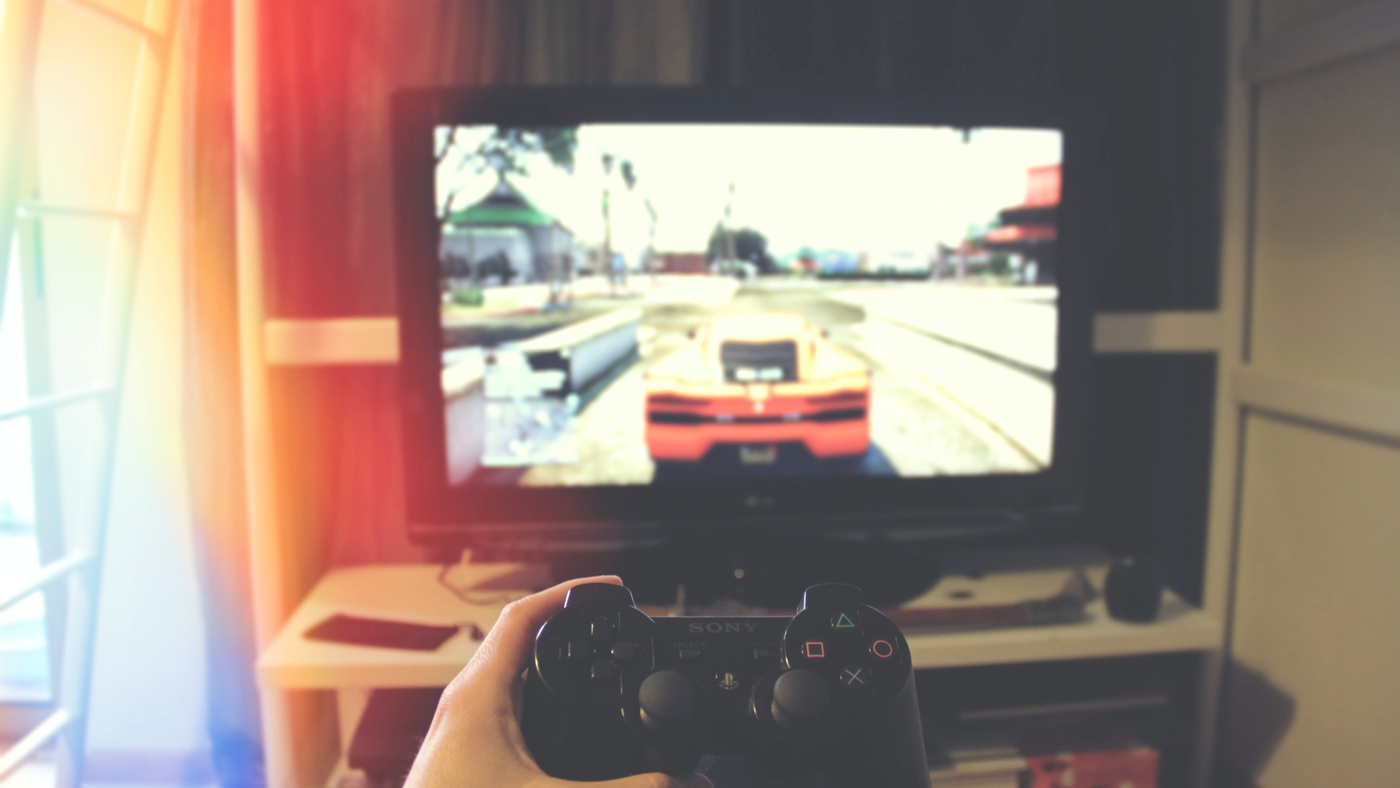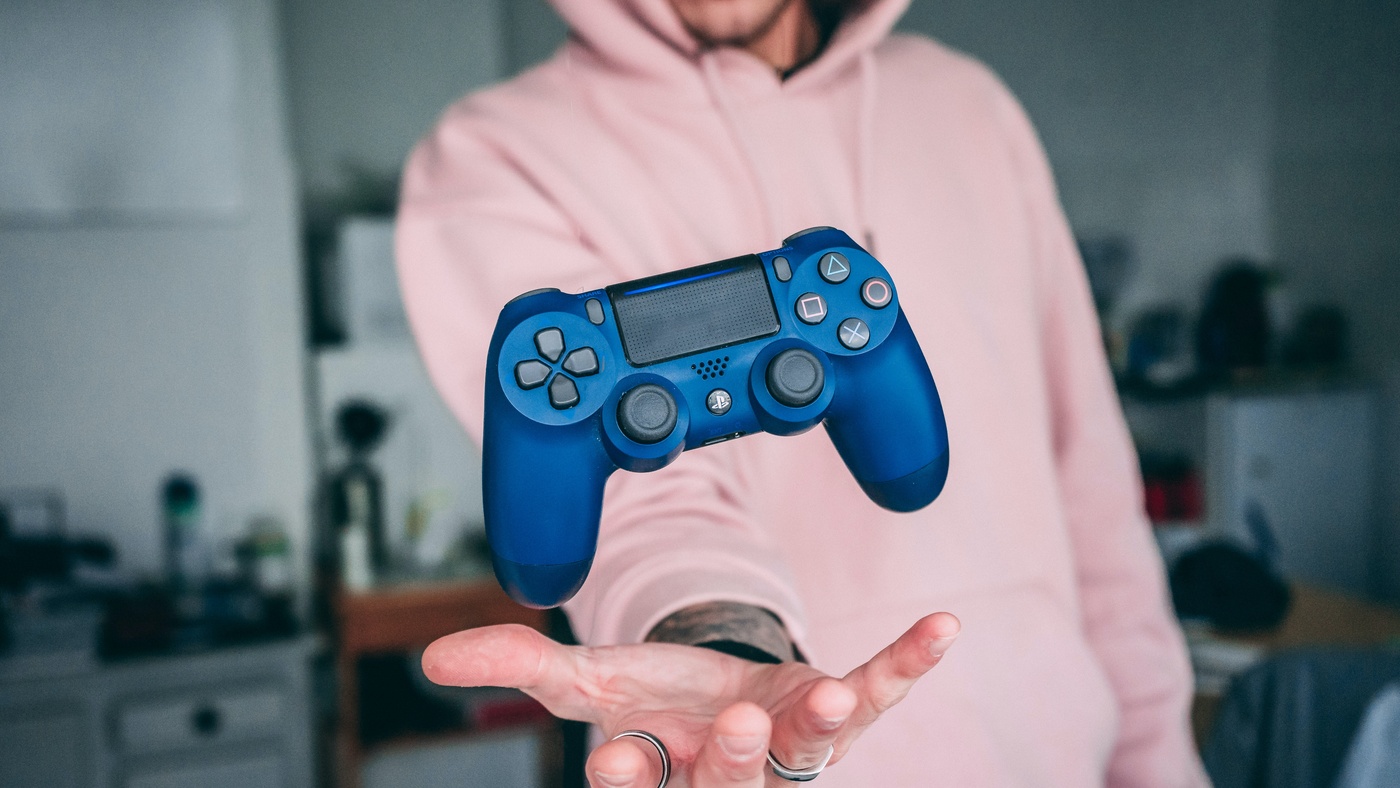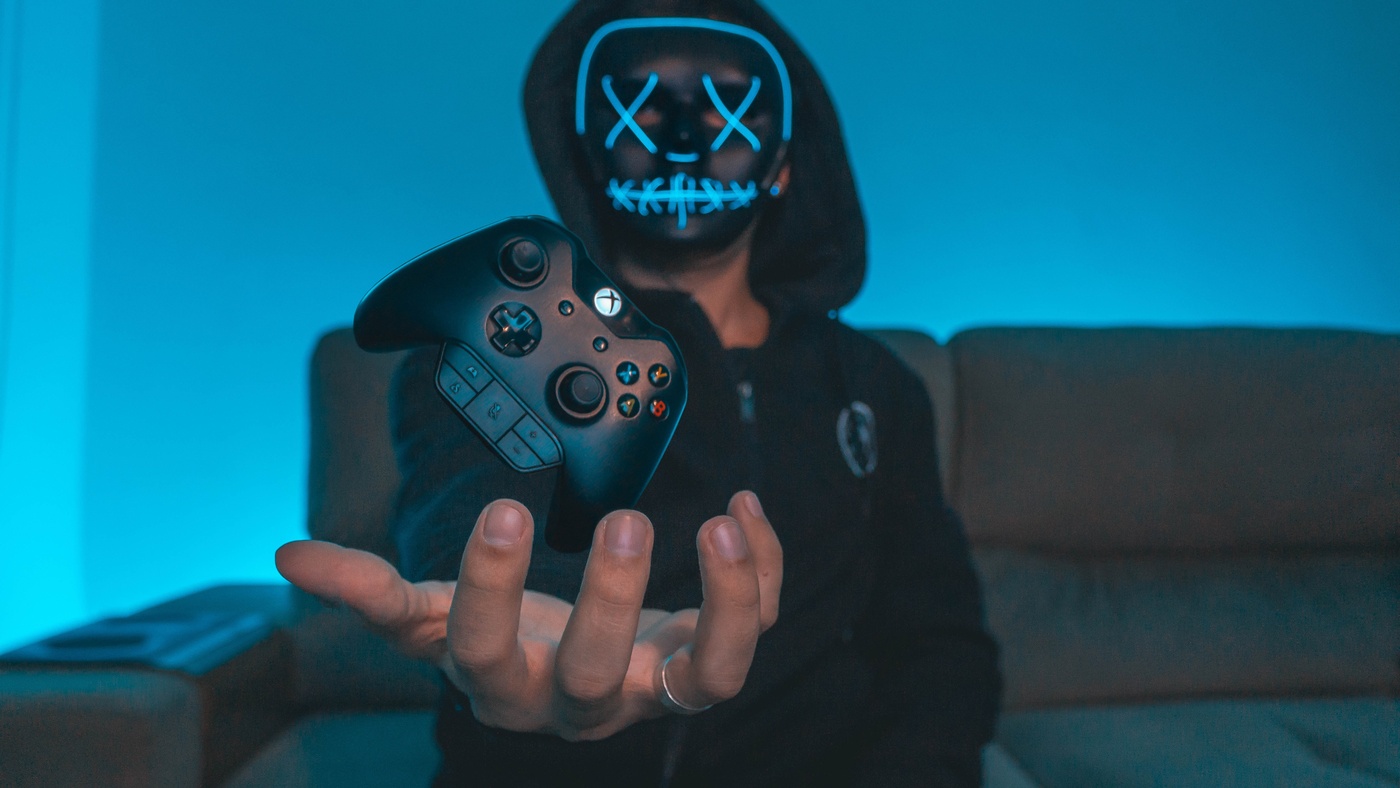Introduction
The question ‘are video games good for you?’ has raged on since the first commercial consoles back in the 1980s.
From Atari’s classic Pong and Nintendo’s Super Mario to the Playstation 5 and Xbox Series, consoles have always divided opinions. There are legitimate concerns that hours spent often idly playing video games can have a detrimental effect on a person’s well-being. However, research has come a long way since the 80s and many experts argue that in moderation, video games can be good for you.
And if you’re worried that playing video games will take you away from your studies, why not follow our top tips to study more effectively to ensure you are maximising study time and can game guilt-free?!
A mental health workout
There was a boom around 2018 in ‘brain training’ video games that promised improved brain health. It may have sounded like a big claim but there’s a lot of compelling science behind everyday habits that can improve your memory and even lower your risk of dementia. Why these games are good for you is because you often have to use problem solving and memory function to perform. They’re an easy win to help boost your mental wellbeing and are available via apps on your phone if you don’t have a console.
Help ease depression
Researchers at the University of Auckland asked 94 young people who’d been diagnosed with depression to play 3D fantasy game SPARX over a period of time. They found in many cases that users experienced reduced symptoms of depression more so than with conventional treatment. It certainly wouldn’t be a cure-all option for depression but it’s compelling evidence that video games can be good for your mental wellbeing.
A sense of community
Nintendo’s Animal Crossing has been around for nearly 20 years, but experienced an unexpected boom of over 11 million players in 2020, which as we all know, was the year the world largely went into isolation. The mobile AI game Pokémon GO still has millions of active monthly users. You can even watch people play video games competitively on YouTube. Video gaming is often dismissed as a solitary act but there’s a real sense of community that can come from sharing a game you enjoy.
Build your persistence
A benefit of playing video games is you either win, or keep trying until you do and learn from your mistakes as you go. There’s been a growing case of evidence to suggest that this has a positive effect on people’s confidence in working towards specific goals. Video games can help build your persistence and patience to help you see missteps as simply another learning opportunity.
A helpful distraction
Video games can be a good distraction and researchers have found particularly impressive results with the old school classic Tetris. They found that users playing Tetris had reduced strength, frequency and vividness of naturally occuring cravings compared to users who were simply asked to wait with a loading screen. You also get to enjoy the oddly satisfying task of building blocks, so it’s a win-win!
Learn valuable life skill
It’s not unbelievable that to be good at a video game you often need common life skills such as creative and critical thinking, good communication and problem solving. In 2014, German neuroscientists found that playing Super Mario 64 led to growth in areas of children’s brains responsible for planning ahead, spatial navigation and motor skills.
Video games for pain relief
Researchers at the American Pain Society found that children and adults with acute and chronic pain receive some analgesic benefits when they’re immersed in video game action. Essentially, video games are good for releasing endorphins or stimulating pain relief similar to the way exercise can sometimes relieve a headache.
Boost your intelligence
Studies on real-time strategy games have not only been found to potentially increase a person’s perceptual abilities but also enhance their cognitive abilities. In the UK, StarCraft came out on top as a video game that showed substantial gains in cognitive flexibility tasks in users. Proof that playing games can, in fact, make you smarter.
Build social skills
One benefit of video games particularly for the classic gamer; controller-based games have been found to be a useful tool for building dexterity. A study in America found that video game users were not only faster at performing advanced procedures but they also made 37% fewer mistakes than those who played no video games. This makes video games a great idea for some group fun when making friends at university.
Improve cognitive function
In 2013, German researchers conducted a study with two groups of people. One group was to play Super Mario 64 for 30 minutes a day for 8 weeks, while the other played no video games at all. They found that gaming group had a rise in grey matter across the key areas of the brain responsible for spatial navigation, memory formation, strategic planning and fine motor skills in the hands.
Positive impact on eyesight
Many of us might remember our parents’ warning of getting ‘square eyes’ when we were kids. Well, it’s officially wrong as studies have shown long-term benefits of video games on your eyesight; provided you take regular breaks and don’t sit too close to the screen. Faster-paced video games with a first-person perspective such as Call of Duty can be good for your reaction times too.
Impact on dyslexia
Fast-paced video games have been found to impact positively on dyslexia and overall reading skills, particularly in young children. This is because action-packed video games can be unpredictable and need a high degree of perceptual, cognitive and motor skills so can help to develop attention spans.
A tool for stroke rehabilitation
A big part of recovering from a stroke is re-learning seemingly simple things such as grip, spatial awareness and coordination. A study at Tel Aviv university saw great results when giving users games on the Nintendo Wii, Xbox 360 and Playstation 3. It showed that when users need to plan their movements deliberately in order to accomplish a specific goal it can have a positive impact on their brain plasticity.
Find the joy
Everything we’ve spoken about here is rooted in research and science, but above all else, gaming is fun and if you enjoy it then it’s likely a good thing. Video games can be good for you when you indulge moderately and mindfully. As with regular exercise, drinking plenty of water and prioritising rest, it’s one of many things you can do to look after your mental health as a university student.
You may have guessed that we love gaming at Collegiate. Our Sheffield accommodation even has private gaming booths with bass boosting soundbars and flat screen TVs for a truly immersive experience. It’s all part of our commitment to offering you the best student experience we can.
From getting to know a new city to taking care of your mental health at university, our blog pages have got you covered. Be sure to check out our exceptional student accommodation too; smart spaces with all the amenities you could need in a host of cities across the UK. Our on-site teams are ready and waiting to give you a warm welcome and help you every step of the way.


















